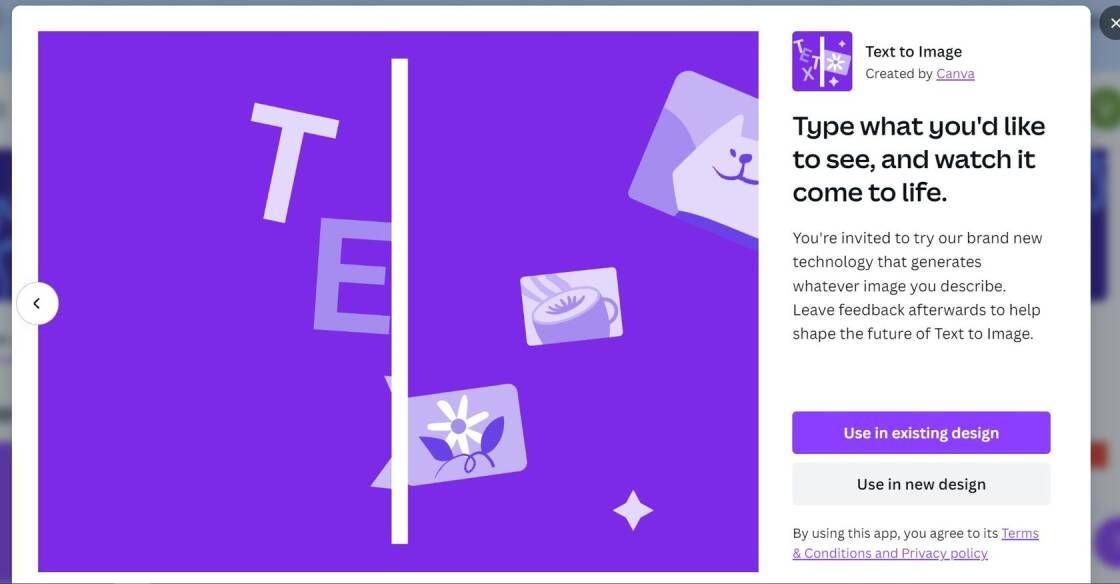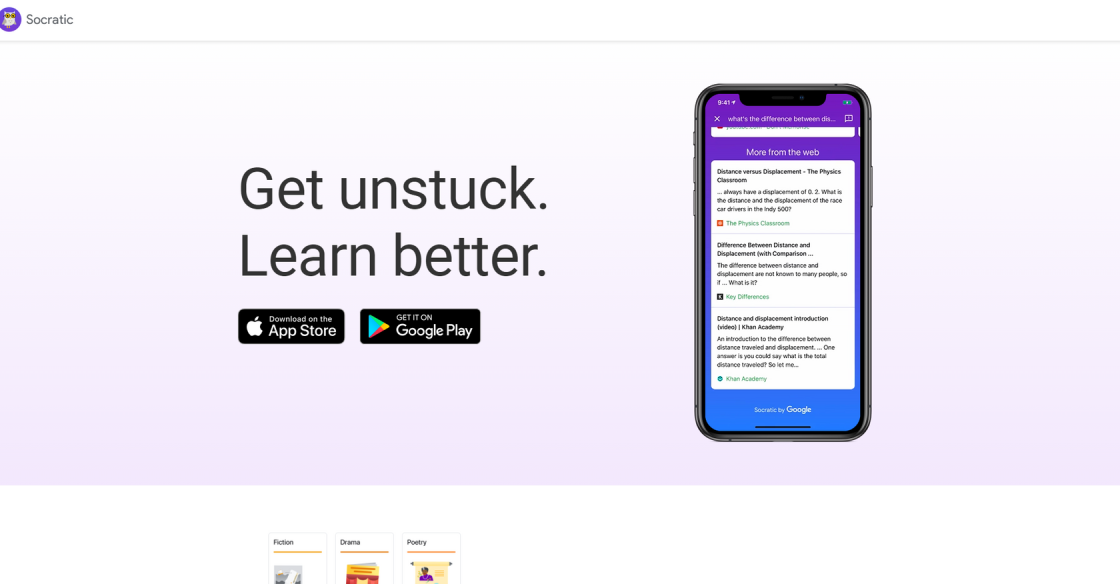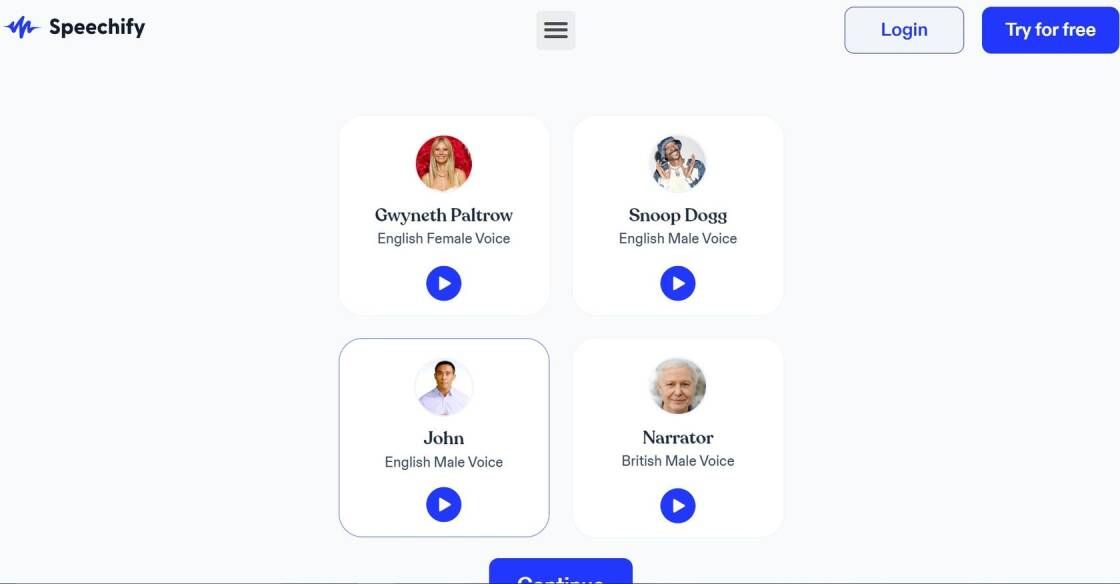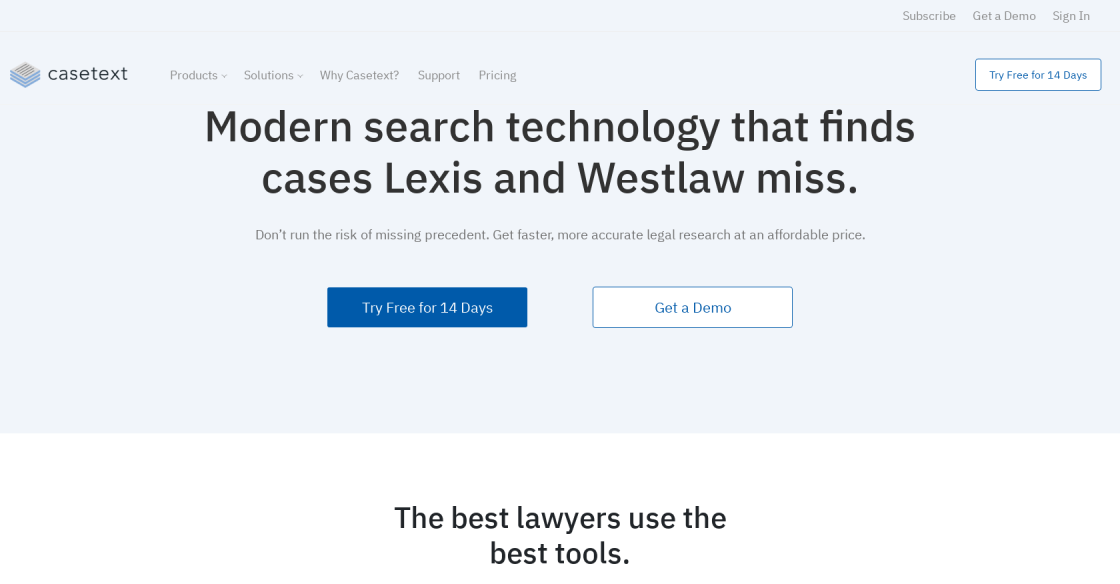

SoapUI is a widely popular free and open-source web service testing application and API testing tool. It has become an indispensable tool for software developers, quality assurance professionals, and other stakeholders involved in the development of web services and APIs. With its easy-to-use interface and comprehensive features, SoapUI offers a powerful platform for testing, validating, and simulating web services and APIs. Its ability to automate tests, integrate with other tools, and support multiple protocols and formats make it an ideal choice for modern software development projects.
Testim AI is an innovative and advanced software testing solution that leverages the power of artificial intelligence to offer end-to-end testing services. This platform is designed to help businesses streamline their software testing processes and boost their productivity by automating repetitive tasks, reducing human error, and delivering faster results. Testim AI's cutting-edge technology can help organizations improve their software quality, reduce costs, and increase customer satisfaction. With its intuitive interface and easy-to-use features, Testim AI is quickly becoming a popular choice among businesses looking to improve their software testing practices.
Mabl is a cloud-based AI test automation platform that has revolutionized the way software testing is done. It provides a comprehensive solution for businesses to efficiently test their applications across different platforms, devices, and browsers. With its advanced machine learning capabilities, Mabl enables teams to identify and resolve issues quickly, ensuring a smooth development process. Its intuitive user interface and easy-to-use features make it accessible to anyone, regardless of technical expertise. In this article, we will delve deeper into the key features and benefits of Mabl, and how it can help businesses streamline their testing process.
Gauge is a highly efficient and user-friendly open-source test automation framework that can run on multiple platforms. It offers a wide range of functionalities that enable testers and developers to create and execute automated tests with ease. Gauge is designed to be flexible and extensible, making it an ideal choice for teams looking to improve their testing processes. This framework allows users to write test cases in plain language, making collaboration between developers and testers seamless. In this article, we will explore the features and benefits of Gauge, and how it can help streamline your testing efforts.
TestCafe is an automated web testing tool designed to simplify the process of testing modern web applications. It offers a comprehensive set of features that enable developers to create and execute tests quickly and efficiently, ensuring that their applications work as intended. TestCafe supports a wide range of browsers, platforms, and frameworks, making it an ideal choice for teams working on complex web development projects. With its user-friendly interface and robust capabilities, TestCafe has become a popular choice among developers and QA professionals alike.
Sahi Pro is a powerful automation tool designed for end-to-end web automation testing. It is a robust and efficient tool that helps businesses to streamline their testing processes and improve the quality of their software applications. With Sahi Pro, users can automate their web applications with ease, without any coding knowledge. This cutting-edge automation tool offers a wide range of features and functionalities, enabling testers to create complex test cases effortlessly. It is an ideal solution for businesses looking to accelerate their testing processes and enhance the overall quality of their software applications.

Canva Text-to-Image
AI-Generated Graphics

Socratic By Google
Get unstuck. Learn better. | Socratic

Speechify
Best Free Text To Speech Voice Reader | Speechify

Casetext
AI-Powered Legal Research

Landr
LANDR: Creative Tools for Musicians

Erase.bg
Free Background Image Remover: Remove BG from HD Images Online - Erase.bg

GPT-3 Google
GPT-3 Is Quietly Damaging Google Search

PromptHero
PromptHero - Search prompts for Stable Diffusion, DALL-E & Midjourney
Gauge is a popular open-source test automation framework designed to simplify and streamline the process of software testing. It is a cross-platform tool that enables developers and QA professionals to write and execute automated tests in a variety of programming languages, including Java, Ruby, Python, and C#. Gauge is known for its simplicity, flexibility, and ease of use, making it an ideal choice for teams looking to adopt agile and DevOps methodologies. With Gauge, testing teams can create reusable test cases, collaborate effectively, and achieve faster feedback cycles. It also offers integration with popular testing tools such as Selenium and Appium, enabling users to leverage their existing infrastructure and workflows. This introduction will provide an overview of Gauge, its key features, and how it can help organizations improve their software testing practices.
Gauge is an open-source, cross-platform test automation framework that allows developers and testers to create and run automated tests in an easy and efficient way.
Gauge supports several programming languages, including Java, C#, Ruby, Python, and JavaScript.
Yes, Gauge is a versatile framework that can be used for testing both web and mobile applications.
Yes, Gauge supports integration with other testing tools such as Selenium, Appium, JUnit, and TestNG.
Yes, Gauge provides comprehensive HTML reports and also supports integration with other reporting tools such as Allure and Jenkins.
Yes, Gauge can be easily installed and set up on various operating systems, including Windows, Linux, and macOS.
Gauge can be used to automate various types of tests, including acceptance tests, functional tests, and regression tests.
Yes, Gauge is designed to support agile development methodologies and can be easily integrated into continuous integration and delivery pipelines.
Yes, Gauge is completely free and open-source, and anyone can contribute to its development.
Yes, Gauge has a growing community of developers and testers who actively contribute to its development and provide support through forums and online resources.
| Competitor | Description | Key Features | Differences from Gauge |
|---|---|---|---|
| Selenium | Open-source testing framework that supports multiple programming languages and browsers | Cross-browser testing, parallel test execution, support for multiple programming languages, ability to integrate with other tools and frameworks | Selenium has a steeper learning curve compared to Gauge. It requires more technical expertise and setup time. |
| Cypress | JavaScript-based end-to-end testing framework | Fast test execution, automatic waiting, easy debugging, good documentation | Cypress is limited to testing web applications only, while Gauge can be used for testing web, desktop, and mobile applications. |
| TestComplete | Automated testing tool for web, desktop, and mobile applications | Supports multiple platforms and technologies, object recognition, visual UI testing, automated data-driven testing | TestComplete is a commercial tool and requires a license fee, while Gauge is open-source and free to use. |
| Robot Framework | Generic open-source test automation framework that supports multiple programming languages | Keyword-driven testing, support for multiple programming languages, ability to integrate with other tools and frameworks | Robot Framework has a more flexible architecture compared to Gauge, but it requires more setup time and customization. |
| Appium | Open-source test automation framework for mobile applications | Supports Android and iOS platforms, supports multiple programming languages, integrates with other tools and frameworks | Appium is focused on mobile application testing, while Gauge can be used for testing web, desktop, and mobile applications. |
| Katalon Studio | Comprehensive test automation solution for web, API, and mobile applications | Supports multiple platforms and technologies, object recognition, visual UI testing, automated data-driven testing, built-in integrations with popular CI/CD tools | Katalon Studio is a commercial tool and requires a license fee, while Gauge is open-source and free to use. It also has a steeper learning curve. |
| JMeter | Open-source load testing tool | Load testing, stress testing, performance testing, supports multiple protocols and technologies | JMeter is focused on load testing, while Gauge is focused on functional testing. It also has a steeper learning curve. |
Gauge is an open-source, cross-platform test automation framework that allows developers and testers to create automated tests for web, desktop, and mobile applications. It was developed by ThoughtWorks, a global technology consultancy company, and released in 2015.
Here are some things you should know about Gauge:
1. Cross-Platform: Gauge is a cross-platform framework, which means it can be used on different operating systems such as Windows, Mac, and Linux. This makes it easy for developers and testers to write and run tests on different platforms without having to change the code.
2. Open-Source: Gauge is an open-source framework, which means the source code is freely available to anyone who wants to use or modify it. The community of developers and testers can contribute to the framework by submitting their own plugins, extensions, and integrations.
3. Support for Multiple Languages: Gauge supports multiple programming languages such as Java, C#, Ruby, Python, and JavaScript. This allows developers and testers to write tests in their preferred language and use the same framework for different projects.
4. Easy to Learn: Gauge is easy to learn and use, even for beginners. It has a simple syntax and readable format, which makes it easy to write and understand test cases. The framework also provides a user-friendly interface with features like real-time reports, screenshots, and debug logs.
5. Integration with Other Tools: Gauge integrates with various tools such as Selenium, Appium, Jenkins, Git, and Jira. This allows developers and testers to automate their testing process and integrate it with their existing tools and workflows.
6. Active Community: Gauge has an active community of developers and testers who contribute to the framework by developing plugins, extensions, and integrations. The community also provides support and resources to help users get started with Gauge and solve any issues they may face.
In conclusion, Gauge is a powerful and flexible test automation framework that allows developers and testers to create automated tests for web, desktop, and mobile applications. Its cross-platform support, open-source nature, multiple language support, easy-to-learn syntax, integration with other tools, and active community make it a popular choice for test automation.
TOP